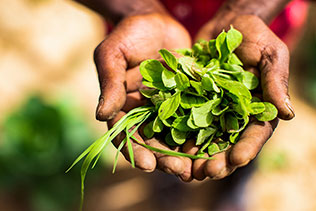BIG DATA
The Kenyan farmers using data analytics to maximize their harvests.

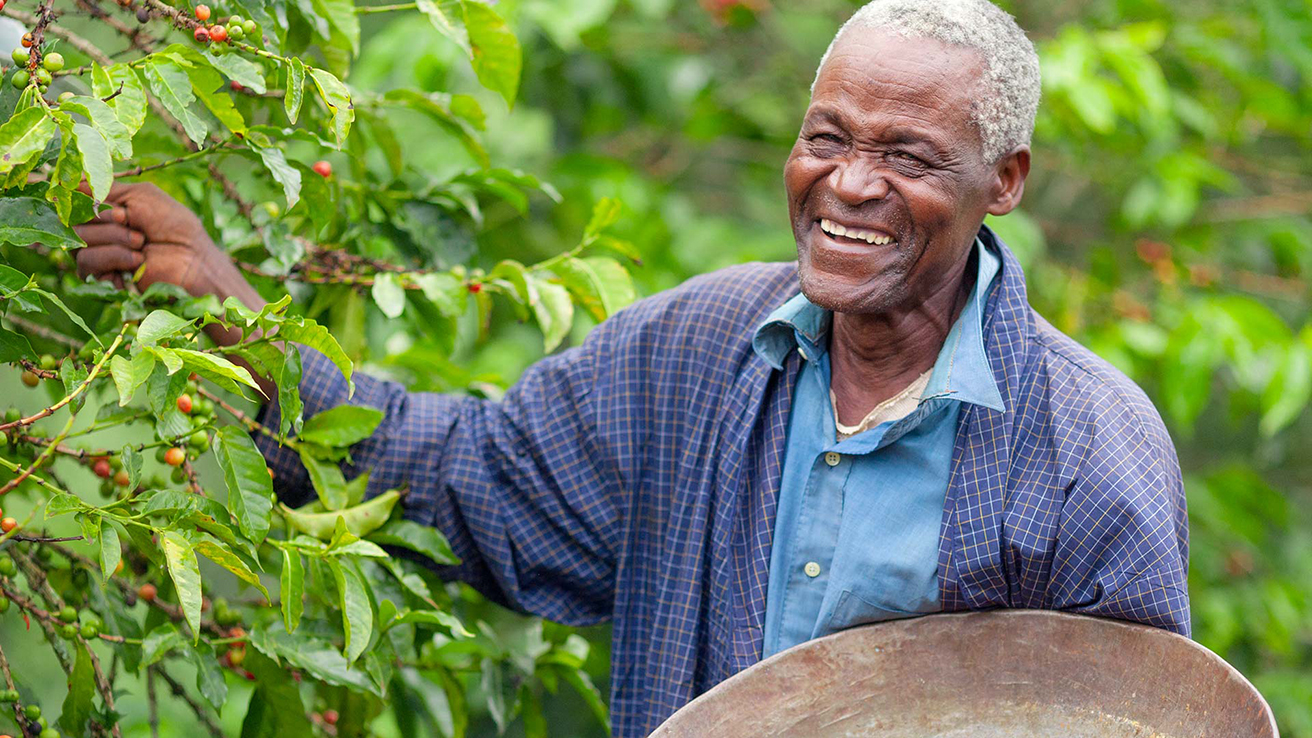
As the global population grows, so too does the issue of food security. Across the world, farmers are grappling with how to produce enough food for growing population, while changing environmental conditions complicate traditional farming methods. Sultan Green, a Kenyan agronomy company, is on a mission to help local farmers achieve that goal, using cloud-based Microsoft Power Business Intelligence analytics.
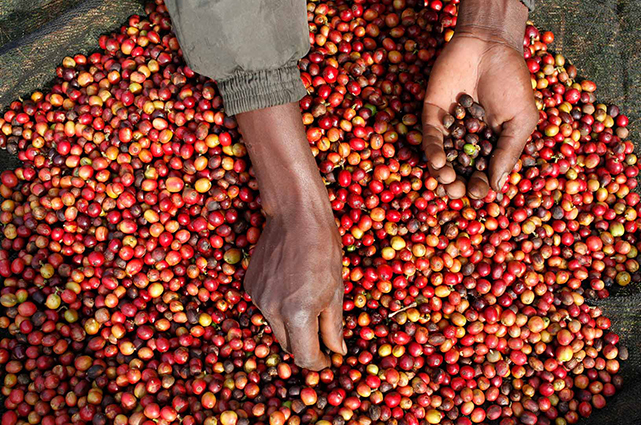
Food production in the West has been heavily industrialized in recent decades, driven by steady advances in technology and regulations imposed by strict export markets. Kenyan agriculture, by contrast, remains dominated by smallholder farms, selling produce in local markets.
Mailu Mwau, Founder of Sultan Green, recognized two major, interlinked issues. First, that these farmers may not be producing as much as they could. Second, that without the paper trail necessary for export, they could not prove their produce was safe, which limited how they could sell it.
The solution seemed simple. Without established infrastructure, it was clear that cloud computing was the way forward, to bring big data to small farms.
Scaling production
For Mwau, lack of standards is at the root of both problems: “Exported food requires records, routines based on best practices, post-harvest intervals for monitoring and accountability… But in my experience, these are not followed when you are producing local food.”
The answer? Data collection and analysis, enabling farmers to follow international standards and practices, and prove that they had done so.
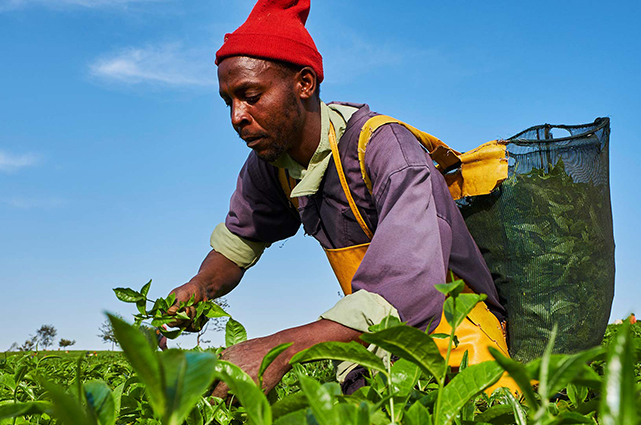
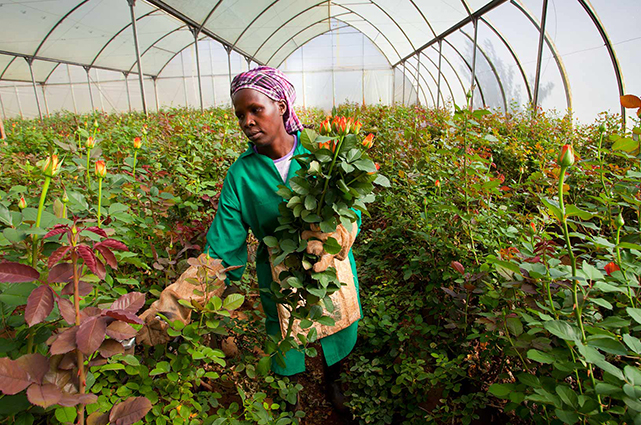
Mwau started his own farm to prove his concept. Working closely with an agronomist, he collected, analyzed, and acted on data collected by pen and paper. As the project progressed, he moved first to Microsoft Excel, before finally adopting Microsoft Power BI. The cloud analytics suite gave “insights the moment data is put in,” says Mwau, “we automatically started making better decisions.”
As a farmer, you need timely insights… You need to know when to spray, when to harvest. Power BI became instrumental in delivering those insights,” says Frank Obare, Data Scientist at Sultan Green.
Harnessing the flexibility of cloud analytics, Sultan Green built its own Food Safety Intelligence Platform, which it has been trialing with four farmers across Makueni County. The farmers use the platform to track and monitor key farming inputs such as pesticide and water use, as well as broader metrics such as production costs and time to harvest, replacing any manual data collection they may have been doing.
The software should help farmers to optimize their operations, leading to less wasted resources and maximized yields. It can even help trial more lucrative crops, which diversifies the income of the farms.
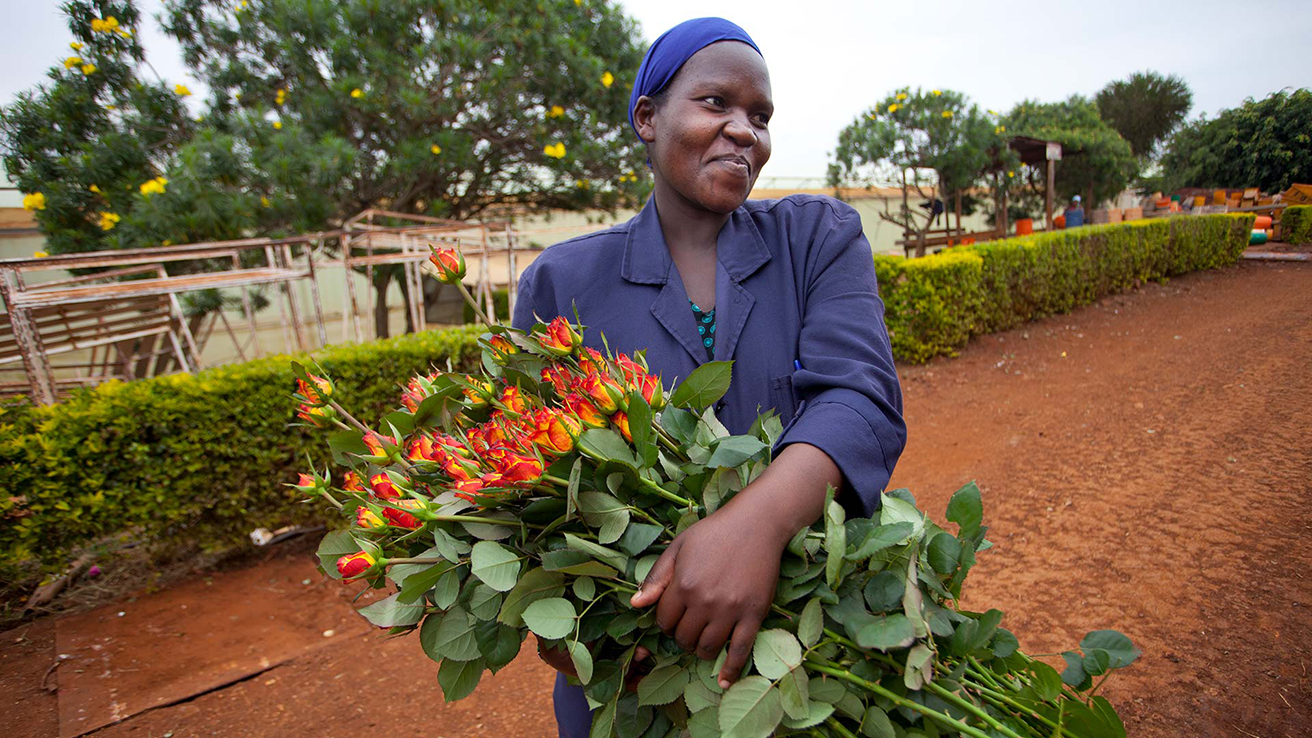
The platform makes it easier for farm managers to understand what should be done, when and how it should be done,” says Obare.
Raising standards
In addition to improving production, Sultan Green hopes its platform will raise food safety standards across the continent. To that end, the company has started the Food Safety Sasa Project – with Microsoft and the Kenya Climate Innovation Center – to train model farmers in data capture.
If the project is successful, farmers across Africa will use Sultan Green’s platform and the power of Microsoft’s cloud services to work toward international food safety standards, and ultimately providing a more productive and stable food supply for the continent’s future.









